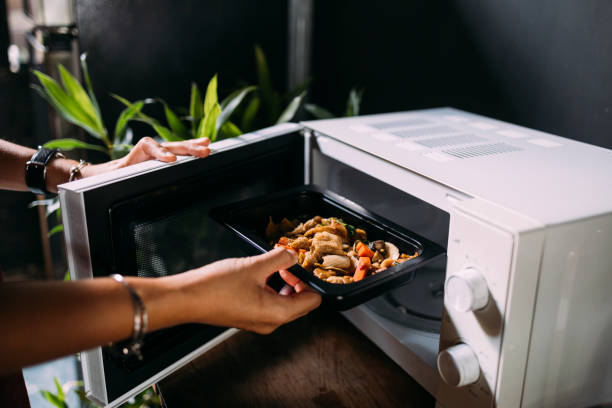
Sober companions play a critical role in supporting individuals on their journey to recovery from addiction. They provide personalized assistance, guidance, and companionship to help clients maintain sobriety and navigate the challenges of daily life without relapsing. Here are the key duties and responsibilities of a sober companion:
1. 24/7 Support and Availability
Sober companions are available around the clock to provide continuous support and assistance to their clients. They offer companionship during challenging times, including weekends, holidays, and special occasions, ensuring that clients have access to guidance and encouragement whenever needed.
2. Accompaniment to High-Risk Situations
Sober companions accompany clients to high-risk situations and environments where they may be tempted to relapse, such as social gatherings, parties, or bars. By providing a supportive presence and accountability, sober companions help clients navigate these situations safely and avoid triggers that could jeopardize their sobriety.
3. Assistance with Daily Activities
Sober companions assist clients with various daily activities, including grocery shopping, meal preparation, household chores, and transportation. They ensure that clients have the necessary support to maintain a healthy and structured routine, promoting overall well-being and stability in their recovery journey.
4. Emotional Support and Counseling
One of the primary duties of a sober companion is to provide emotional support and counseling to clients as they navigate the challenges of recovery. They offer a compassionate ear, empathy, and validation, helping clients process their emotions, fears, and anxieties in a safe and nonjudgmental environment.
5. Development of Coping Strategies
Sober companions work with clients to develop effective coping strategies and tools to manage cravings, triggers, and stressors without turning to substances. They teach clients healthy coping mechanisms, relaxation techniques, and mindfulness practices to help them navigate difficult situations and maintain sobriety.
6. Accountability and Goal Setting
Sober companions help clients set realistic goals for their recovery journey and hold them accountable for their actions and decisions. They provide encouragement, motivation, and guidance to help clients stay focused on their goals and make positive changes in their lives.
7. Advocacy and Communication
Sober companions serve as advocates for their clients, communicating their needs, preferences, and concerns to treatment professionals, family members, and support networks. They facilitate open and honest communication between all parties involved in the client’s care, ensuring that their best interests are prioritized.
8. Encouragement of Healthy Lifestyle Choices
Sober companions promote healthy lifestyle choices and behaviors that support sobriety, including regular exercise, nutritious eating, adequate sleep, and stress management. They educate clients about the importance of self-care and help them integrate these practices into their daily routine.
9. Relapse Prevention Planning
Sober companions work with clients to develop comprehensive relapse prevention plans that identify potential triggers, warning signs, and coping strategies to prevent relapse. They help clients recognize and address risk factors proactively, empowering them to stay vigilant and resilient in their recovery journey.
10. Continuous Monitoring and Assessment
Sober companions continuously monitor their clients’ progress and well-being, assessing their physical, emotional, and mental health regularly. They remain vigilant for any signs of relapse or distress and intervene promptly to provide additional support and resources as needed.
In summary, sober companions play a multifaceted role in supporting individuals in recovery, providing personalized assistance, guidance, and companionship to help them navigate the challenges of sobriety successfully. By fulfilling their duties with compassion, professionalism, and dedication, sober companions empower clients to achieve and maintain lasting sobriety and well-being.


